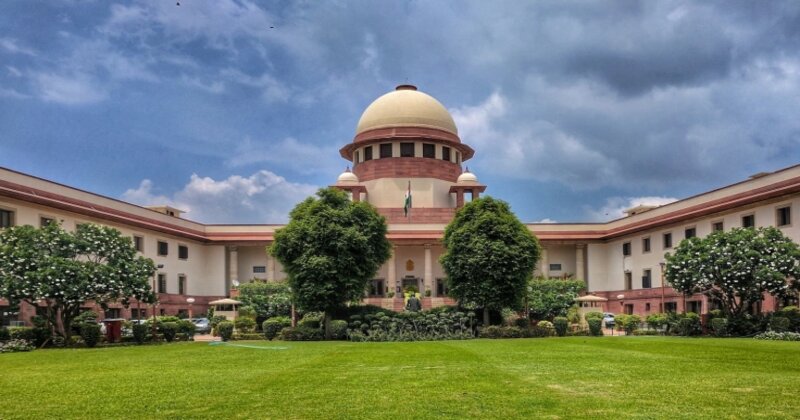
The Presidential reference under Article 143, prompted by the Supreme Court’s April 8 ruling mandating fixed timelines for granting assent to state bills, has triggered a wide-ranging legal debate. The ruling aimed to prevent delays by Governors and the President in approving state legislature-passed bills. While some legal experts argue that timelines will enhance administrative efficiency, others contend that Articles 200 and 201 of the Constitution allow for discretion, as they do not mention any specific time limits. Concerns have also been raised about the Supreme Court using its powers under Article 142 to issue directives binding on constitutional authorities like the President or Governors.
Former Law Minister Ashwani Kumar described the matter as a significant development that tests the boundaries between the judiciary and the executive. Senior legal experts like Siddharth Luthra and Sumit Gehlot highlighted that the core issue revolves around federalism and governance—whether constitutional authorities can delay assent indefinitely and how such delays might impact democratic functioning. Gehlot explained that the Court relied on Article 142 to fill legal gaps and cited past recommendations and government guidelines that suggest a three-month window for assent decisions. He emphasized that delays are detrimental to the legislative process and public interest.
Other legal voices, such as Advocate Ashish Dixit and Senior Advocate Adish Aggarwala, pointed out that while the President is entitled to seek the Supreme Court’s opinion on legal matters, such advice is not legally binding. They stressed that constitutional functionaries like the President are subject to limited judicial review but cannot be compelled through rigid timelines unless explicitly stated in the Constitution. Aggarwala warned against misusing Article 142 for imposing deadlines, citing earlier rulings that emphasized the article’s flexible application. The case has revived critical constitutional questions about the separation of powers, the role of the judiciary, and executive accountability.

Post Your Comments